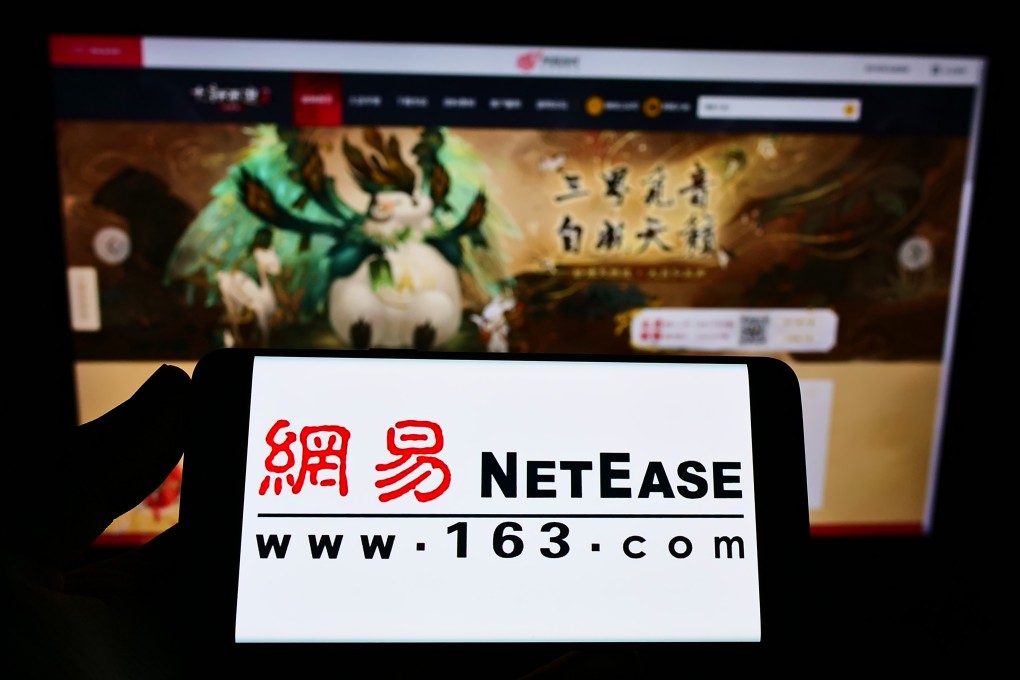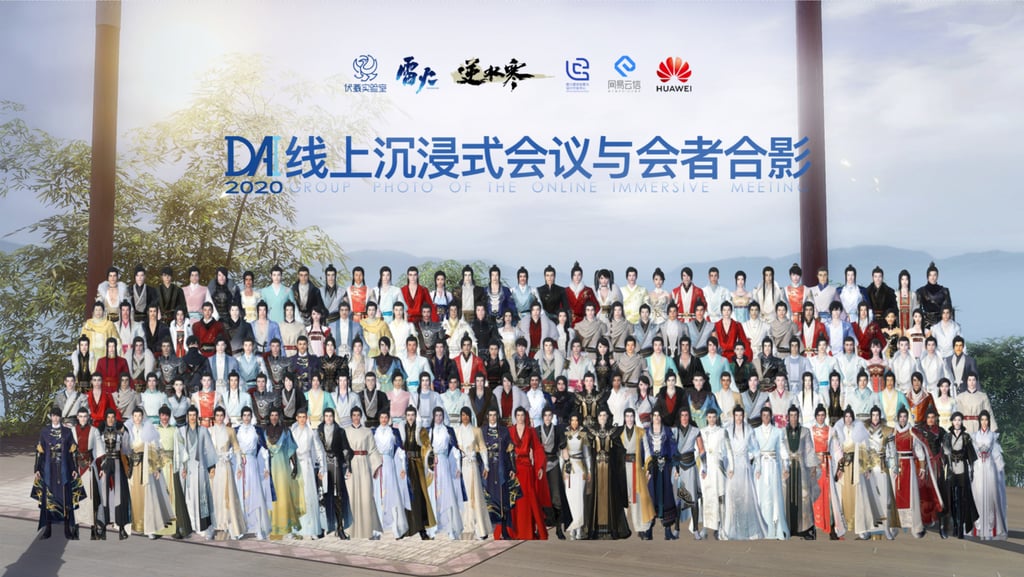Advertisement
NetEase to launch app of virtual meeting platform Yaotai in August, as competition heats up on metaverse-related products
- NetEase plans to introduce its Yaotai app as early as August to help expand the virtual meeting platform’s user base
- Around 100 virtual conferences have so far been conducted on Yaotai by institutional customers that include universities and various enterprises
3-MIN READ3-MIN

NetEase, China’s second-largest video gaming company, is ramping up efforts to commercialise Yaotai, its immersive virtual conference platform, as competition in metaverse-related products intensifies in the world’s second-largest economy.
Hangzhou-based NetEase plans to introduce a smartphone app of the virtual meeting platform as early as August to help expand its user base, NetEase Yaotai head Liu Bai said in an interview earlier this month.
“Yaotai’s technological foundation is consistent with that of our games, so we can use many of the existing capabilities of NetEase Games,” Liu told the South China Morning Post. “Our main hope is to quickly bring it to market and help solve users’ problems.”
Advertisement
The app’s launch would mark an important update for the platform, which was launched by NetEase in October 2020 and can be accessed via desktop or smartphone through links. While the existing platform’s rendering process is currently handled on the cloud, the app would complete such rendering on users’ own terminals to “significantly lower the cost” of using Yaotai, Liu said.

In 2020, an academic conference organiser asked Liu, who was then in charge of NetEase big data product Thunder Fire, to “hold a meeting inside a game” and enable attendees to visually display their papers, instead of just communicating through voice calls. The request inspired NetEase to spin off a team focused on developing a virtual conferencing product, he said.
Advertisement
Advertisement
Select Voice
Select Speed
1.00x